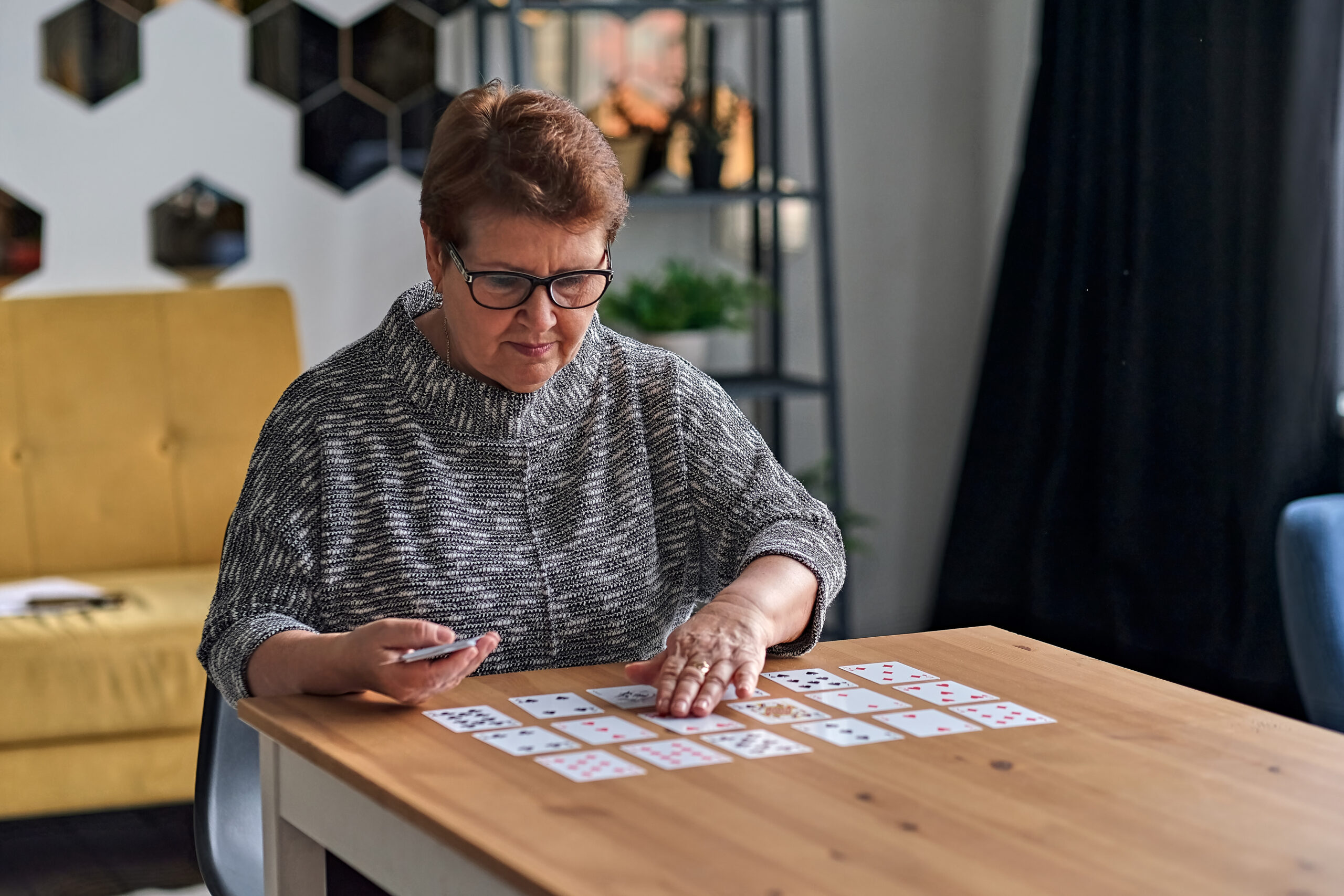How to support family members coping with dementia diagnosis
Supporting family members coping with a dementia diagnosis is a delicate and ongoing process that requires patience, understanding, and practical steps. When someone you love is diagnosed with dementia, it can feel overwhelming for everyone involved. Here’s how you can help them navigate this challenging journey.
First, **take time to understand the diagnosis** yourself. Dementia isn’t just one condition; it includes different types like Alzheimer’s disease, vascular dementia, or Lewy body dementia. Learning about the specific type your loved one has helps you know what symptoms to expect and how the disease might progress. Ask their doctor questions about the stage of dementia, treatments available, and safety concerns so you’re better prepared for what lies ahead.
Communication plays a huge role in support. As dementia affects memory and thinking skills, your loved one may struggle to express themselves or understand complex conversations. It helps to **communicate with compassion**—speak clearly but gently, listen patiently without rushing them, and validate their feelings even if their reality seems different from yours. This approach keeps them feeling respected and connected despite cognitive changes.
Creating a strong local support network is also important—not just for your loved one but for yourself as well. Reach out to family members nearby or trusted friends who can assist with errands or check in regularly on your loved one’s wellbeing. If you live far away, set up regular phone calls or video chats so they know they are not alone and that someone cares deeply about their situation.
Safety at home becomes more critical as dementia progresses because memory loss can lead to accidents or confusion about daily tasks. Work together with healthcare providers to **create a safe environment**, removing hazards like loose rugs or sharp objects where possible while keeping familiar items around that bring comfort.
Don’t hesitate to explore community resources such as adult day programs or senior centers offering activities tailored for people living with dementia; these services provide social interaction along with supervision which eases stress on family caregivers too.
Small gestures matter greatly—sending thoughtful care packages containing favorite snacks or photos reminds your loved ones they are cherished even when physical visits aren’t possible.
Finally—and importantly—remember that supporting someone through dementia means also caring for yourself emotionally and physically by seeking counseling if needed and taking breaks when caregiving feels overwhelming.
By combining knowledge about the illness with kindness in communication plus practical safety measures and community support options—you help create an environment where those facing a dementia diagnosis feel supported every step of the way without losing dignity or connection along this difficult path.





